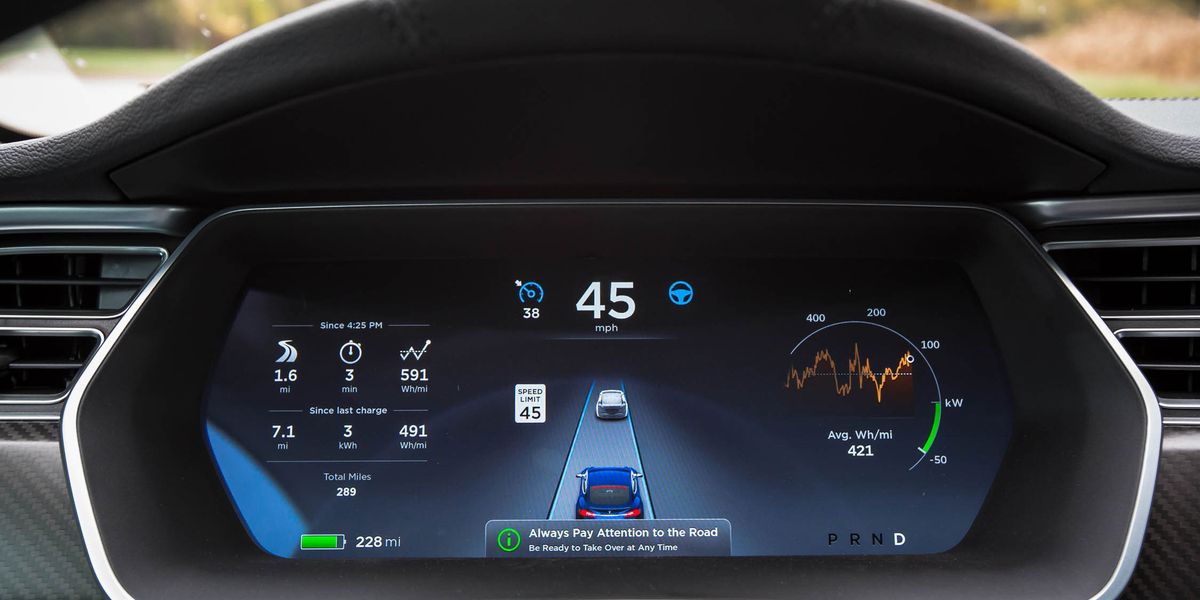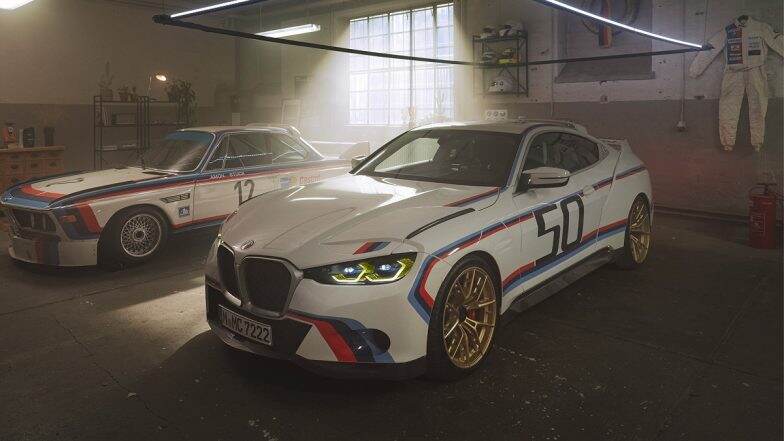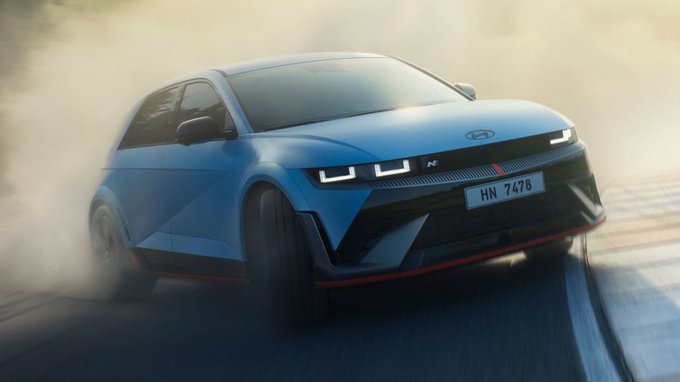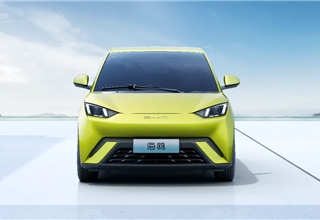Groupe Renault analyzes decarbonization strategy in detail with ChangeNOW
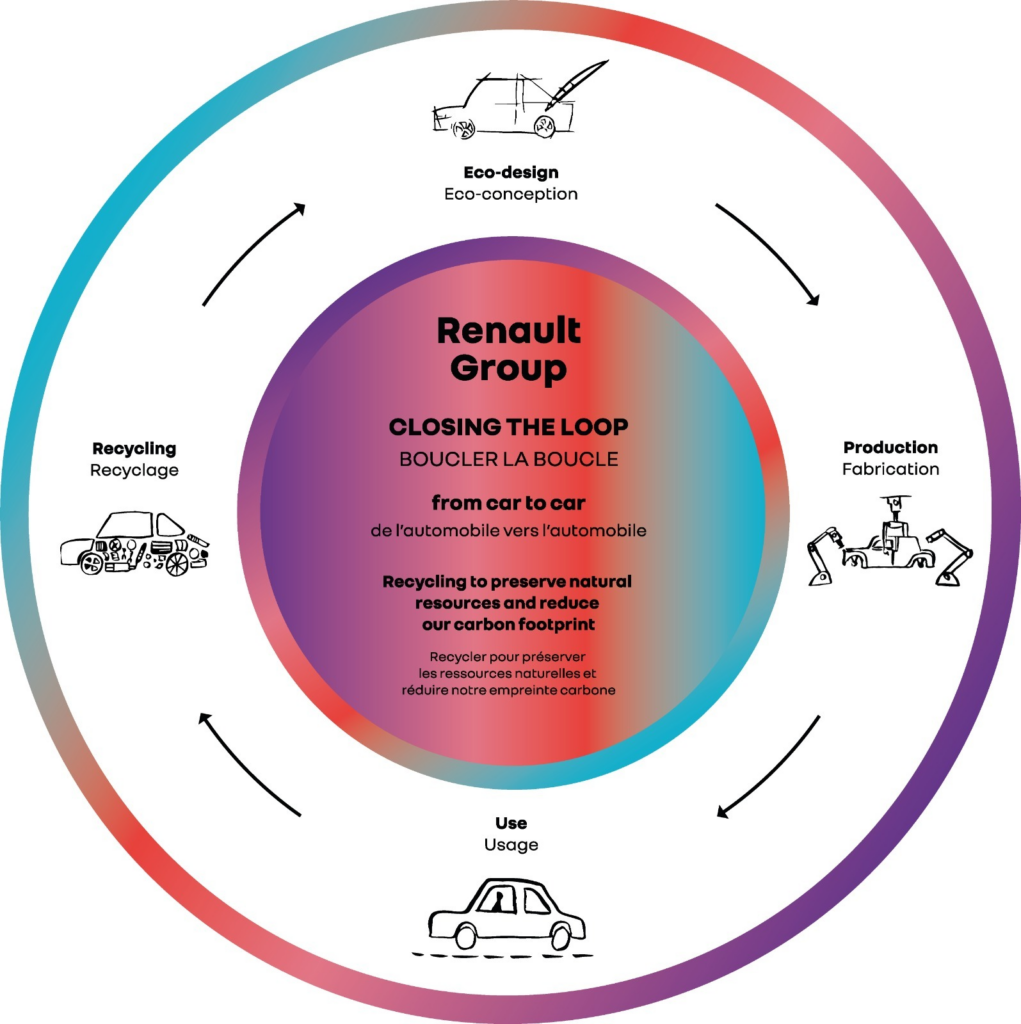
Zero CO₂ emissions from the tailpipe: That is the first advantage of electric vehicles.Necessary but far from sufficient energy transition to decarbonize mobility and fight global warming
As the first international forum dedicated to sustainable innovation, ChangeNOW focuses on players who are providing concrete responses to the social and environmental challenges facing our society. For the second year in a row, Groupe Renault seized the opportunity to explain its decarbonization strategy at every stage. vehicle life cycleand reaffirm the ambition to achieve. carbon neutral Europe by 2040, worldwide by 2050.
Group Experts – Virginie Sauvé-Goisson, Climate Project Leader, Jean-Denis Carte, Director of the Circular Economy Center, Alain Gentilini, Circular Economy Business Developer, Battery Life Cycle The group’s experts, including expert Cecil Fournier and Fabrice Abraham from the Recycling Department, participated over three days. Experts – Discussed and answered questions from a wide range of company stakeholders (employees, the public, partners, NGOs, investors, etc.).
environmentally friendly stand
Eco-designed and recyclable, the stand was designed to showcase the concrete solutions implemented by the Group in terms of decarbonisation and the circular economy.
this is, MEGANE E-TECH ELECTRONIC DISPLAY In the form of a mural, it provides an exploded view of the parts and materials obtained from recycling. Dissecting a vehicle in this manner reveals a bonnet made from up to 80% aluminum from closed-loop recycled production scraps (i.e. 95% less CO2 emissions compared to virgin aluminum). reduction). Or a dashboard that incorporates 100% recycled polypropylene by re-grinding defective parts.
This approach is also illustrated in the following diagram. Bar made from recycled materials Vehicle materials: Clio seats include 60% bio-based beech pulp fabric, recycled copper from end-of-life vehicles, and polypropylene (plastic) granules from recycled bumpers.
3 totems were placed to illustrate battery life cycle From the first ride in the vehicle to the solutions proposed to extend its lifespan, our actions at each stage, especially the solutions proposed to extend the lifespan of the vehicle. Refactory – through a renewable energy storage service developed by mobilize From recycling materials from spent batteries to reintegrating them into new modules in their second life outside the vehicle.
Connect with the next generation
These specific actions were also reflected in the company’s claims in “”.Court for Future Generations‘ was held on May 25 as part of ChangeNOW’s ‘by night’ program. This original roundtable format, created by media from Usbekistan and Rika, is based on the Trial Scenario Code, with automotive and mobility experts Guillaume Saint and Sylvie Landrieve with customer and market knowledge. It brought together experts from academia and representatives of the group, including , Director of Forum Vies Mobiles, a think tank on future mobility and lifestyles, Mr. Claire Martinet, Vice President of Renault Group Sustainability and Mr. Rasha Arjihakim of Renault Group His Advance His Design. Together with a panel of journalists from Usbekistan and Rika, they discussed the question “Can we still love our cars?” When, under what circumstances, and for what purpose? energy transition?
The jury voted “yes” on the condition that the cars be environmentally designed, low-carbon, sourced from short loops and safe for most people.
During the discussion, the group shared their vision of low-carbon, responsible and safe mobility for future generations. Groupe Renault chooses to be at the forefront of any change. This means developing “Made in Europe” responsible electric mobility and exploring alternative low-carbon solutions such as e-fuels and hydrogen. We innovate with cutting-edge solutions while making them accessible to as many people as possible, opening up regions and facilitating access to employment. We are at the forefront of the new electrical value chain while supporting the industry’s skills transformation. Produce new, more sustainable vehicles while extending the life of your fleet. And, of course, we also address emissions beyond the tailpipe throughout the vehicle’s lifecycle.
Relive the courtroom highlights for future generations:
collective challenge
The ChangeNOW show was also an opportunity to explain just how much of a collective challenge climate change is. To reduce its environmental impact, the Renault Group works with all brands and companies to open ecosystem Work with automotive industry partners such as suppliers and recyclers.
David Holderbach, CEO of green hydrogen mobility pioneer Hyvia, and Jean-Philippe Bahuaud, CEO of circular economy pioneer The Future is Neutral, announced this joint effort in their respective presentations at the show. talked about
sauce: renault group
https://www.automotiveworld.com/news-releases/renault-group-dissects-its-decarbonization-strategy-at-changenow/ Groupe Renault analyzes decarbonization strategy in detail with ChangeNOW
